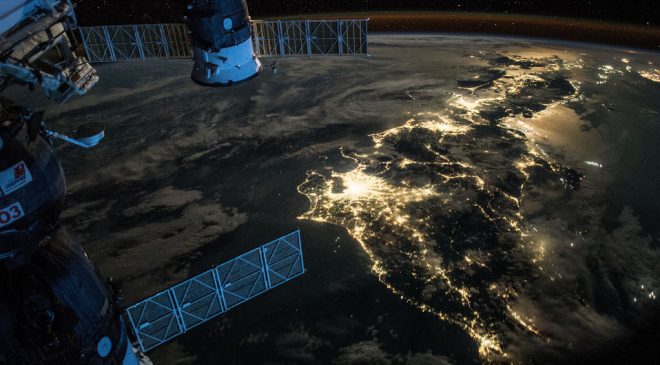
Addressing connectivity gaps in India
Hughes Communications India Private Limited (HCI), in collaboration with the Indian Space Research Organization (ISRO), has recently launched India’s first high-throughput satellite (HTS) broadband internet service. This will support the country’s broadband services market by addressing the connectivity gaps, taking broadband services to underserved areas, and catering to industrial applications, says GlobalData, a leading data and analytics company.
GlobalData’s India Fixed Broadband Forecast (Q2 2022) reveals that fibre is the most dominant technology in India’s broadband services market, which accounted for 66 per cent of the total fixed broadband accounts in 2021.
Pradeepthi Kantipudi, Telecom Analyst at GlobalData, comments: “Amidst the widespread digitalization, enterprises are beginning see the need for higher-speed connectivity that can efficiently handle the processing power required for complex services and capabilities such as cloud computing, SDN networking, private LTE services, and other emerging corporate-based requirements.”
Although such a necessity is still in its nascent stages, satellite internet services will find utility soon with their capability to offer low-latency services to store, process and analyse huge volumes of data seamlessly.
Kantipudi adds: “Given the vast geographic expanse of the country with several areas still lacking broadband connectivity, satellite internet services can ensure a reliable broadband coverage and help businesses carry out their operations seamlessly.”
Hughes Communications India serves the B2B sector such as cooperative banks (State Bank of India), telecommunication 4G operators (Reliance Jio), and small and medium enterprises (SMEs). Reliance Jio uses Hughes’ service for 4G backhaul to offer service to remote locations for its terrestrial telecom network. State Bank of India uses Hughes’ service for connectivity at remote bank branches and automated teller machine (ATM) outlets.
Kantipudi concludes: “In rural and remote areas, satellite services can complement the terrestrial telecom networks since they can be installed much more quickly albeit at a higher cost. Moreover, the COVID-19 pandemic exposed millions of Indians in remote areas still lacking access to reliable mobile connections or high-speed Internet. Satellite broadband services will strengthen the country’s digital economy by enabling connection among users, enterprises, and the government institutions, even from remote locations.”




